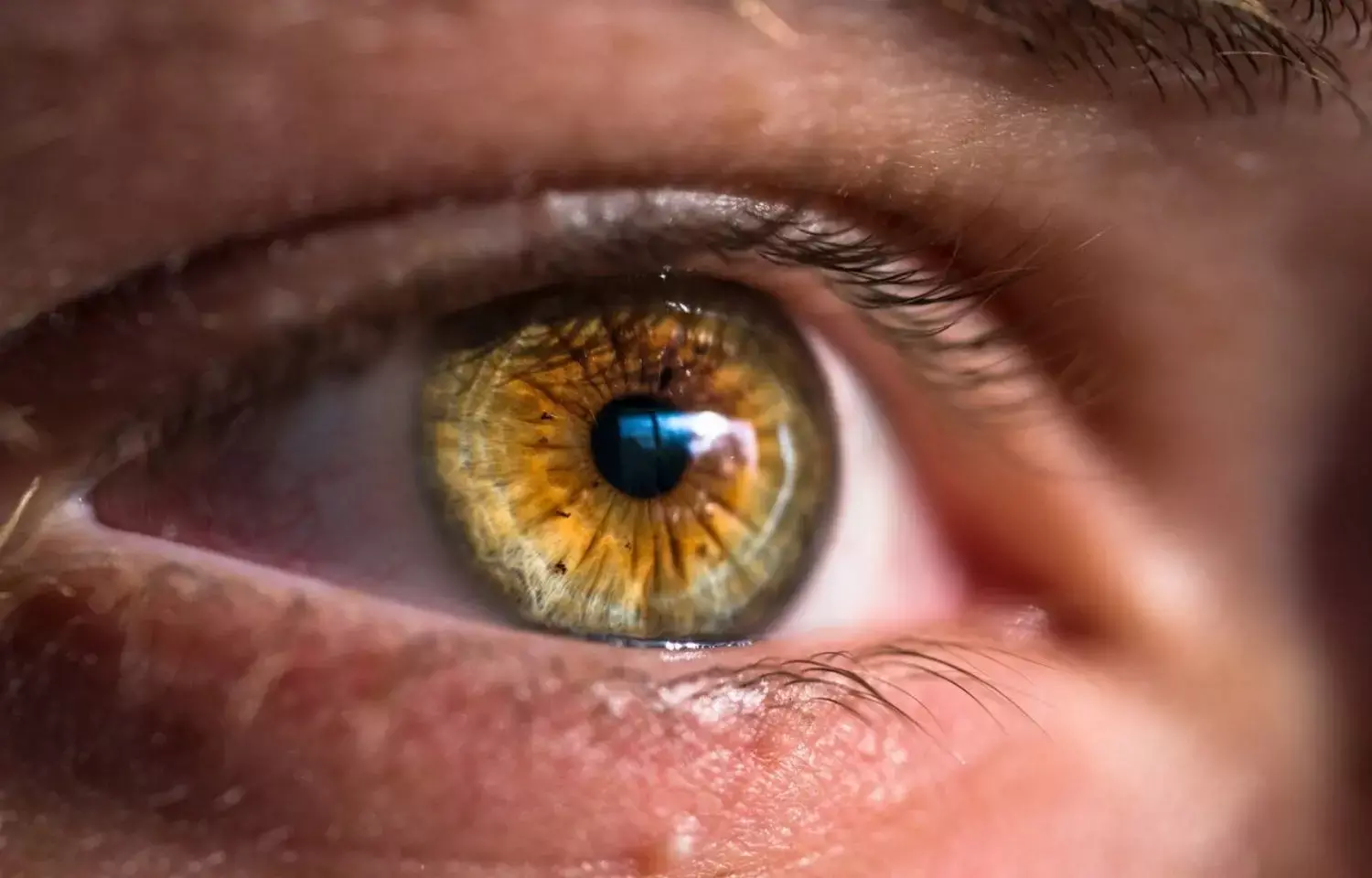- Home
- Medical news & Guidelines
- Anesthesiology
- Cardiology and CTVS
- Critical Care
- Dentistry
- Dermatology
- Diabetes and Endocrinology
- ENT
- Gastroenterology
- Medicine
- Nephrology
- Neurology
- Obstretics-Gynaecology
- Oncology
- Ophthalmology
- Orthopaedics
- Pediatrics-Neonatology
- Psychiatry
- Pulmonology
- Radiology
- Surgery
- Urology
- Laboratory Medicine
- Diet
- Nursing
- Paramedical
- Physiotherapy
- Health news
- Fact Check
- Bone Health Fact Check
- Brain Health Fact Check
- Cancer Related Fact Check
- Child Care Fact Check
- Dental and oral health fact check
- Diabetes and metabolic health fact check
- Diet and Nutrition Fact Check
- Eye and ENT Care Fact Check
- Fitness fact check
- Gut health fact check
- Heart health fact check
- Kidney health fact check
- Medical education fact check
- Men's health fact check
- Respiratory fact check
- Skin and hair care fact check
- Vaccine and Immunization fact check
- Women's health fact check
- AYUSH
- State News
- Andaman and Nicobar Islands
- Andhra Pradesh
- Arunachal Pradesh
- Assam
- Bihar
- Chandigarh
- Chattisgarh
- Dadra and Nagar Haveli
- Daman and Diu
- Delhi
- Goa
- Gujarat
- Haryana
- Himachal Pradesh
- Jammu & Kashmir
- Jharkhand
- Karnataka
- Kerala
- Ladakh
- Lakshadweep
- Madhya Pradesh
- Maharashtra
- Manipur
- Meghalaya
- Mizoram
- Nagaland
- Odisha
- Puducherry
- Punjab
- Rajasthan
- Sikkim
- Tamil Nadu
- Telangana
- Tripura
- Uttar Pradesh
- Uttrakhand
- West Bengal
- Medical Education
- Industry
Lirentelimab provides favorable outcomes in severe allergic conjunctivitis: Study

USA: Lirentelimab was very well tolerated and can relieve severe allergic conjunctivitis (AC), atopic symptoms, and decrease inflammatory mediators in patient's tears, says an article published in The Journal of Allergy and Clinical Immunology.
Allergic conjunctivitis is a chronic inflammatory ocular condition caused by eosinophils and mast cells that is commonly characterized by severe itching, watering or mucous discharge, discomfort, burning in both eyes, and redness and swelling of the conjunctiva. Atopic keratoconjunctivitis (AKC), vernal keratoconjunctivitis (VKC), and perennial allergic conjunctivitis are all severe variants of AC (PAC). AC disease processes entail an inflammatory response, with eosinophils and mast cells serving as major effector cells. Stephen D. Anesi and colleagues present the findings of a phase 1b, open-label research in patients with severe and chronic AC to explore the safety, tolerability, preliminary effectiveness, and pharmacodynamics (PD) of up to 6 monthly doses of lirentelimab.
Patients with chronic, extremely symptomatic atopic keratoconjunctivitis, vernal keratoconjunctivitis, and perennial AC who had a history of topical or systemic corticosteroid therapy were enrolled to receive up to 6 monthly lirentelimab infusions (dosage 1: 0.3 mg/kg, dose 2: 1 mg/kg, following doses: 1 or 3 mg/kg). Changes in peripheral blood eosinophils from baseline, changes in patient-reported symptoms, changes in investigator-reported changes in quality of life, ocular signs and symptoms, and changes in tear cytokine and chemokine levels were also evaluated in people suffering from severe and chronic AC.
The key findings of this study were as follow:
1. Thirty patients were recruited, with 87% having atopic comorbidities.
2. The mean improvement in the Allergic Conjunctivitis Symptom Questionnaire score and Ocular Symptom Scores after lirentelimab therapy was consistent among atopic keratoconjunctivitis, vernal keratoconjunctivitis, and perennial AC groups.
3. There was a significant improvement in atopic comorbidities, with symptoms of atopic dermatitis, asthma, and rhinitis reduced by 255%, 250%, and 263%, respectively.
4. After lirentelimab therapy, levels of major inflammatory mediators were lowered in the patient's tears. Mild to moderate infusion-related responses were the most prevalent side effects.
In conclusion, despite the lack of treatment choices and the disease's high incidence, there have been no therapeutic advances to alleviate the disease's burden. This is the first clinical trial of a biologic targeting allergic conjunctivitis, and it showed early effectiveness in lowering symptoms in individuals with moderate to severe AKC, VKC, and PAC.
Reference:
Anesi, S. D., Tauber, J., Nguyen, Q. D., Chang, P., Berdy, G. J., Lin, C. C., Chu, D. S., Levine, H. T., Fernandez, A. D., Roy, N., Asbell, P. A., Kantor, A. M., Chang, A. T., Singh, B., Rasmussen, H. S., & Foster, C. S. (2022). Lirentelimab for severe and chronic forms of allergic conjunctivitis. In Journal of Allergy and Clinical Immunology. Elsevier BV. https://doi.org/10.1016/j.jaci.2022.03.021
Medical Dialogues consists of a team of passionate medical/scientific writers, led by doctors and healthcare researchers. Our team efforts to bring you updated and timely news about the important happenings of the medical and healthcare sector. Our editorial team can be reached at editorial@medicaldialogues.in.
Dr Kamal Kant Kohli-MBBS, DTCD- a chest specialist with more than 30 years of practice and a flair for writing clinical articles, Dr Kamal Kant Kohli joined Medical Dialogues as a Chief Editor of Medical News. Besides writing articles, as an editor, he proofreads and verifies all the medical content published on Medical Dialogues including those coming from journals, studies,medical conferences,guidelines etc. Email: drkohli@medicaldialogues.in. Contact no. 011-43720751


